latest
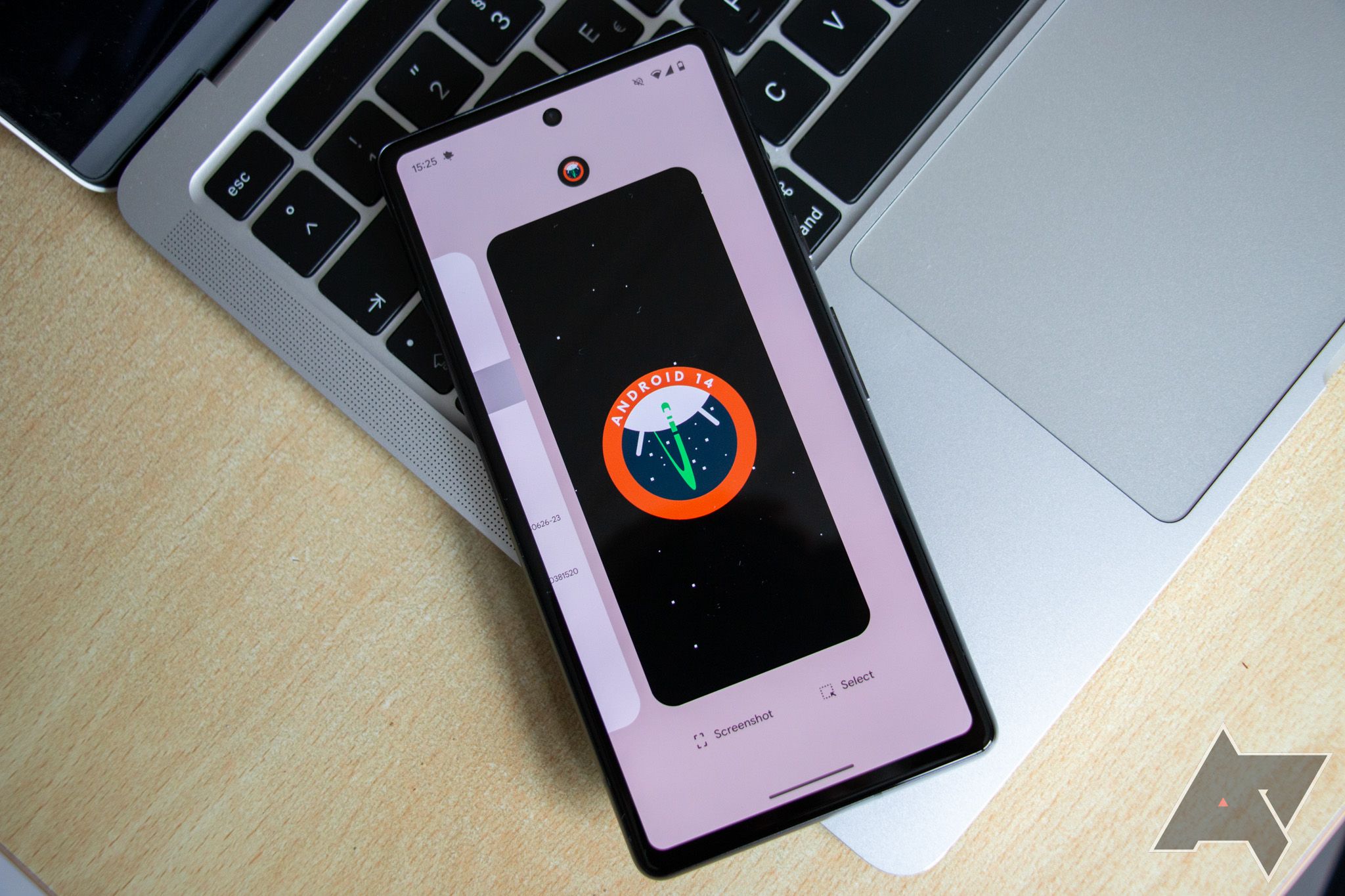
Dave Burke explains Android 14's big battery and performance improvements
Reducing background activity by 50% without sacrificing functionality
We've talked about it before, but Android 14 really seems to make a difference when it comes to performance. With the advent of Feature Drops, major OS version bumps aren't as packed to the brim with user-facing changes as they once were. But Android 14 has several major improvements that users will surely notice even if they're not visual upgrades or new functionality: Google has changed the way the system handles RAM and processor workloads, and the end result should be significant performance gains.

Here's why Android manufacturers throttle phone perfromance
App throttling exists, and it could be affecting your performance. Here's why it happens
As consumers, we get a bad taste in our mouths when we hear something is "throttled." That usually means telecom companies are throttling our data and ruining our online experience. It also means that not-so-unlimited data plans get throttled when you go beyond a certain amount of data in a month. Throttling practices like these are widely denounced as unfair and annoying.
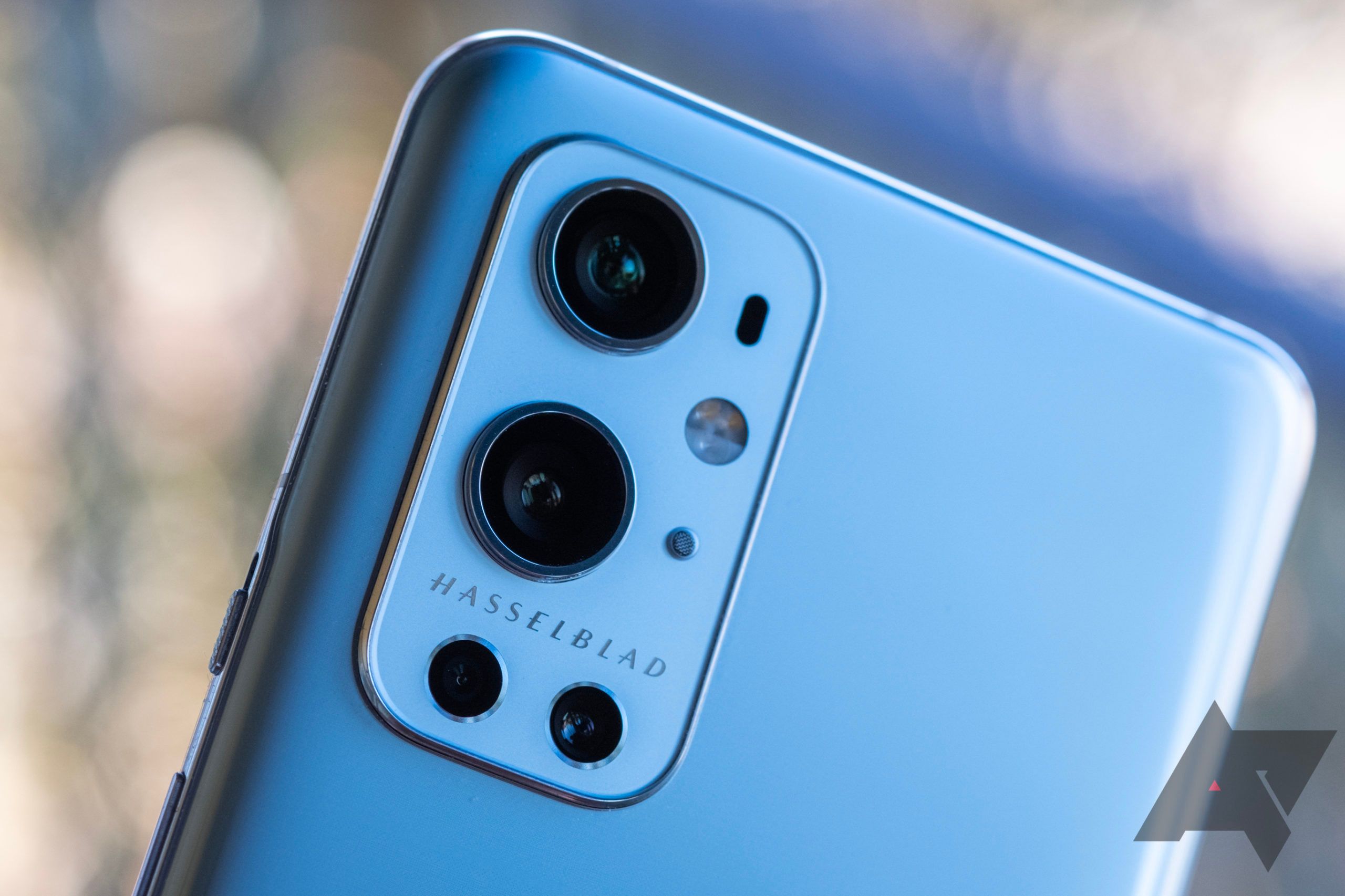
OnePlus plans to add an option in OxygenOS 12 to disable throttling
The OnePlus 9R and OnePlus Nord 2 may also be affected by throttling
Some of you may remember as far back as two weeks ago when OnePlus was caught throttling the performance of the OnePlus 9 and 9 Pro based on the app that was currently running, altering performance pretty drastically. One benchmarking application even considered the practice "benchmark manipulation." But OnePlus tells us it's heard the complaints, and it plans to address them with a new option in an upcoming OxygenOS 12 update, letting customers choose whether to enable or disable this "optimized mode."

OnePlus confirms it throttled the performance of 300 popular apps
The fallout continues from yesterday's shocking revelations
Read update
OnePlus always used flagship specs in its devices, even when its phones were undercutting the competition's price. The days of "flagship killers" are long gone, but the company still chooses high-end processors each year. In theory, that should make the OnePlus 9 and 9 Pro some of the fastest phones you can buy today — indeed, our reviews say basically the same thing — but it turns out that many applications are being held back from reaching peak performance.A new report from Anandtech dives deep into determining whether or not the OnePlus 9 Pro's benchmarks match real-world usage, and unfortunately, the answer seems to be a hard no. While OxygenOS allows benchmarking apps to reach full performance using its Snapdragon 888, OnePlus has included a blacklist of popular apps from the Play Store, all of which are prevented from taking full advantage of the phone's power. The report speculates it's an attempt to deliver improved battery life — a failure, if our review is anything to go by.
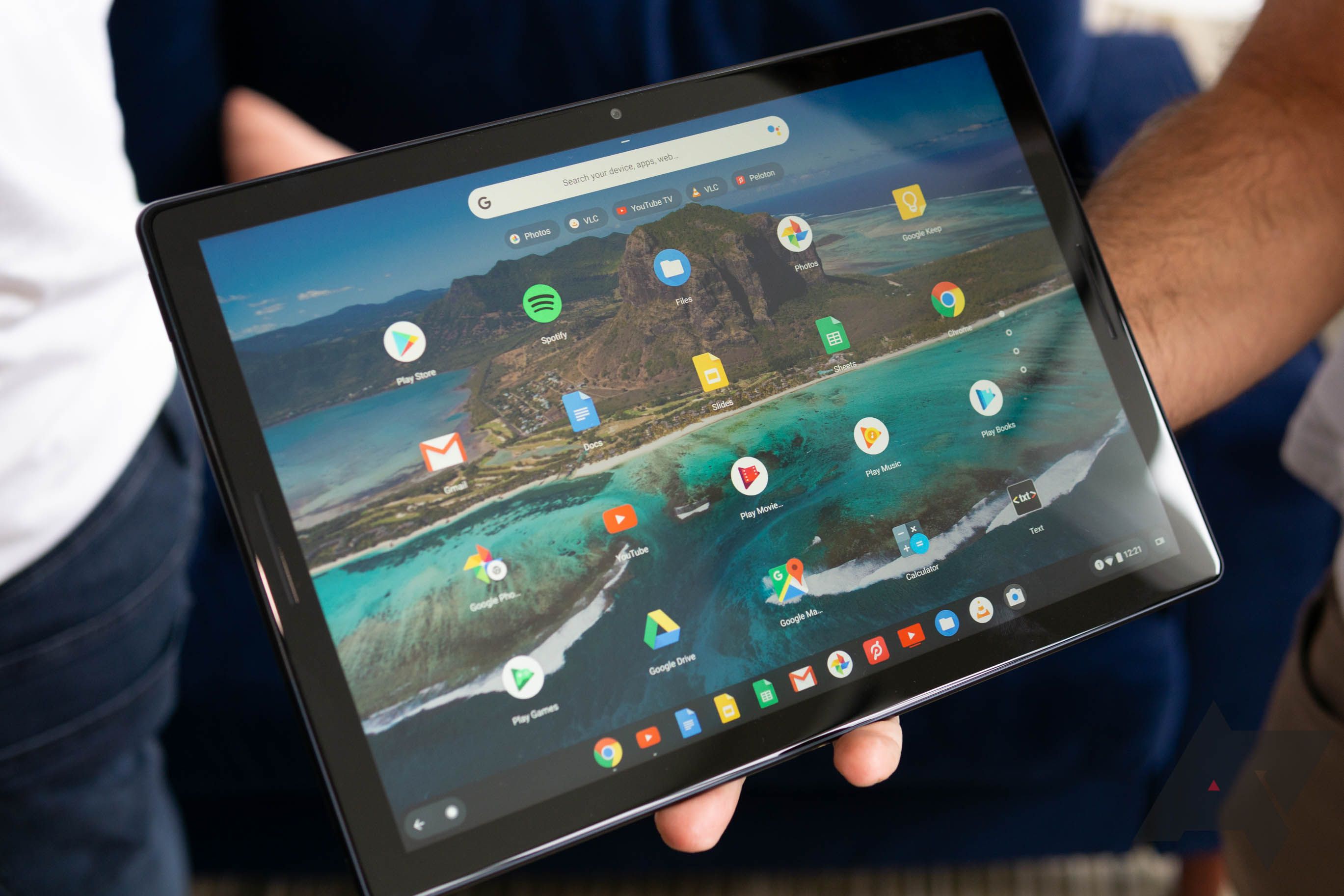
Chromebook tablet multitasking will soon be less janky
Much-needed performance optimizations are on the way
Anyone with a Chromebook knows its tablet mode experience could definitely use a ton of work. As things are now, it's frustrating to multitask with side-by-side windows: dragging the window divider causes severe UI lag, screen tearing, and flashes, even on a high-end machine. Worse, the sluggish performance has been around for years — it's a contributing reason to why Google stopped pursing tablet devices. And despite the massive amount of media backlash, it's received nearly zero developer attention, leaving a broken experience behind. Yet now there's hope that story may finally change soon.

App hibernation is live in Android 12 Beta 1
You can try it out now, and by now, we mean in a few months
Most smartphone users have at least a few apps that they've installed, played around with for a day or so, and then entirely forgotten. These apps are using up precious storage and CPU cycles, so Google's been working on a way to get rid of them in a more subtle way. It's called app hibernation, and we've heard about it as an Android 12 feature for a while. Apparently it's live in the Android 12 beta released yesterday.
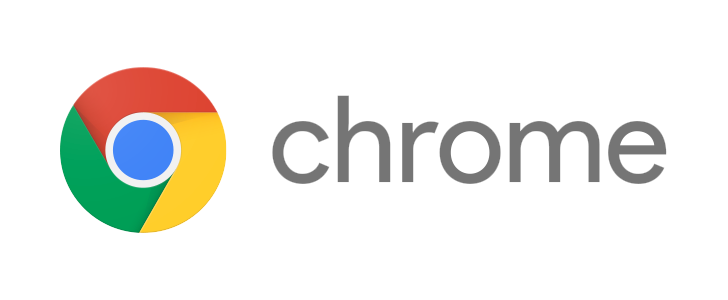
These Android devices are eligible for 64-bit Chrome
Finally, some clarity on which phones will get the better performing version of Chrome
Last year, we reported that Google Chrome for Android was finally going 64 bit, but it turns out that things were a bit more complicated than we thought. While we initially thought all devices running Android 10 or higher were receiving the 64-bit version, it soon became clear that some more limitations were involved. Following the release of Chrome 89, Google has finally explained what's going on. To receive the 64-bit variant automatically, you need to run a phone with Android 10 or higher with at least 8GB of RAM.

Leaked Pixel 4a benchmarks show significant performance gains over last year's Pixel 3a
Promising battery life also reported for Google's upcoming cheap phone
The most substantial Pixel 4a leak we've seen so far came in the form of a video review from Cuban site TechnoLike Plus, and the same source has released a new video on YouTube with performance benchmarks. Thankfully, the 4a compares favorably with the 3a and other recent Pixels, so we can expect a solid experience when the new phone eventually launches.

Read update
Many people rely on Google Maps not only for its navigation instructions but also for its ability to reroute them to avoid heavily congested areas. However, since Google's mapping service relies on an algorithm making sense of crowd-sourced data, a single actor with many phones can potentially wreak havoc to the geolocation technology. That's the task German artist Simon Weckert took upon himself. He collected 99 second-hand smartphones, started Google Maps navigation on them, and lugged them around his city to generate virtual traffic jams.
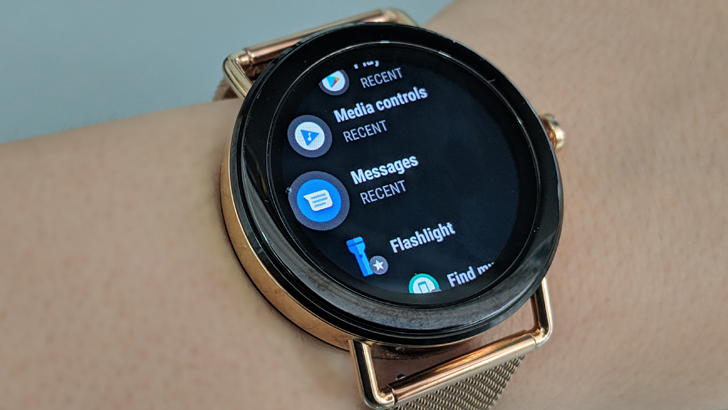
Among Wear OS' bigger issues is the general performance of the platform. Most smartwatches being sold today are still using the old Wear 2100 chipset, and it isn't exactly fast. While we all wait on the future, a partial solution for the present-day may have been found. In a curious twist, disabling the automatic brightness feature on compatible Wear OS devices seems to result in a noticeably less lag and stuttering.
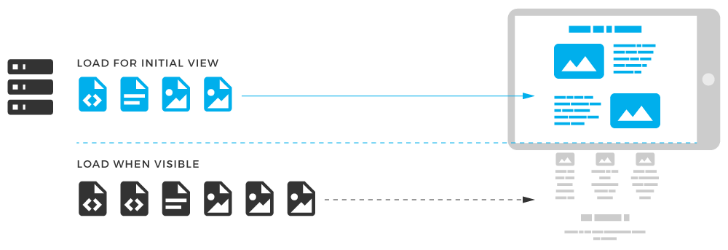
Web pages are becoming more and more complex, but browser vendors have been hard at work trying to offset that with performance and caching improvements. For example, Service Workers allow sites to cache certain data locally to speed up load times (or work offline entirely). 'Lazy loading' is another performance enhancement that has been in development, and now it has arrived in the Canary channel of Chrome.

Today Samsung has announced its new "ISOCELL Plus" technology, which aims to improve color accuracy and sharpness for the company's CMOS camera sensors. The "Plus" in this case replaces the metal grid over the photodiodes with a Fujifilm-designed material that absorbs and reflects less light, sharpening what each individual pixel can capture. That could give the upcoming Note9 or next year's Galaxy S10 even more accurate and clear photos, especially in low-light.

In a blog post today, Google has revealed that it has made some changes in how the company's search and discovery algorithms work. Now things like performance problems, crashes, and overall jank are considered when ranking apps. This is great for consumers, as it encourages developers to pay closer attention to the quality of experience their products present.

Experienced internet explorers will know about The Onion Router Project, and some of you may have even used it at one point (guilty). Regardless of your thoughts on it, Tor has always tried to stand for internet freedom. The organization frowns upon censorship and throttling, which is why it has released ooniprobe to help raise awareness for the issue.

Photo credit: Jamie Pearson (CC BY 2.0)
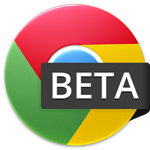
Did you know that the web browser on your phone or tablet waits three tenths of a second after you tap something to actually perform that action? You did if you're a web developer - it's a de-facto standard for mobile browsers, a built-in delay for the double-tap zoom function. But if you're on the newest Chrome beta, you won't see the delay, at least on mobile sites.

Update: Samsung has posted an official response to yesterday's benchmark kerfuffle, explaining that the maximum frequency for the S4 is actually 533MHz, but that it is actually scaled down for "certain gaming apps that may cause an overload". The maximum frequency, according to the statement, is also attainable in "apps that are usually used in full-screen mode" like the gallery, S Browser, etc. This may not fully explain the explicit mention of certain benchmark apps in TwDVFSApp, but it is at least nice to see an official response to the situation.

Futuremark Bringing PCMark Benchmark App To Android, iOS, And Windows Phone
Futuremark Bringing PCMark Benchmark App To Android, iOS, And Windows Phone
Hardware enthusiasts are probably already aware of Futuremark and its PCMark software, a standard for testing and comparing computer hardware for years. PCMark is popular among reviewers and users for its comparison of hardware on standards that are more likely to reflect real-world, typical usage. Today Futuremark announced that it's bringing the software to the "Big three" mobile operating systems, Android, iOS, and Windows Phone. Futuremark's press release did not include a date.














